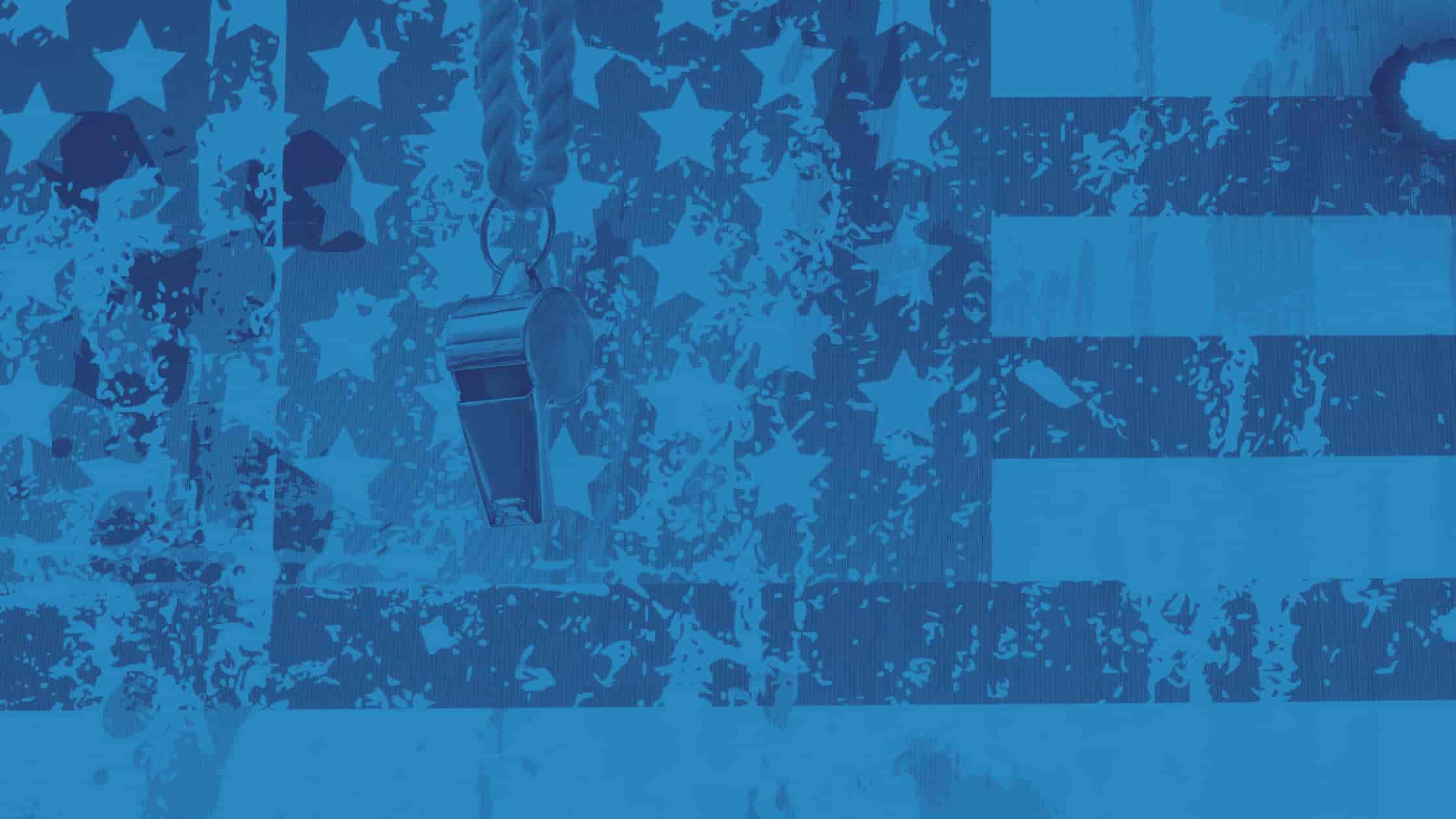


The federal False Claims Act (FCA) is one of the most powerful tools in the federal government’s fraud-fighting arsenal.
The FCA was passed during the Civil War to “root out fraud against the government.” Since 1863, Congress has updated the law several times to give it more teeth and provide bounties for whistleblowers to provide information leading to successful recoveries. In the fiscal year ending September 30, 2020, the Justice Department recovered more than $2.2 billion in settlements and judgments under the FCA alone.
Liability Under the False Claims Act
Anyone who knowingly submits or causes another to submit a false claim to the government, or knowingly makes a false record or statement to get a false claim paid by the government, is liable under the FCA. The FCA also applies to those who commit what is known as a “reverse false claim,” meaning those who knowingly avoid paying money owed to the government through fraud.
There are several types of false claims. The most clear-cut example is when someone submits a claim for payment knowing they are not entitled to payment. Maybe they never provided the services at all, or maybe they are lying about the goods sold to the government.
But even if the wrongdoer does not outright lie, they may be liable under the “implied certification theory.” Under this theory, when anyone submits a claim for payment to the government, that person implicitly represents that they have complied with all material contractual provisions and related laws entitling them to payment. If they have not complied, the claim may violate the FCA.
The FCA has broad standards for when a person “knows” a claim is false. For example, one can be liable under the FCA for recklessly disregarding whether the information provided to the government is true. The government does not have to prove that the wrongdoer intended to defraud.
The government also has to show “materiality” to win an FCA case. This means that the misrepresentation must matter. A small billing error probably does not meet this standard, but a large or persistent pattern of overcharges probably does.
Damages and Penalties Under the False Claims Act
The FCA imposes harsh penalties to prevent misconduct. Wrongdoers are liable for three times the government’s actual damages and also for a per-claim penalty. The current penalty ranges between approximately $11,000 and $22,000 per false claim.
The Qui Tam Provisions of the False Claims Act
One of the unique features of the FCA is the Act’s “qui tam” provisions. These provisions allow whistleblowers to sue on behalf of the United States and receive a share of the money recovered as a reward for the whistleblower’s efforts.
To file a claim under the FCA, the whistleblower must file a complaint under seal in federal court and give a copy of the complaint and supporting information to the DOJ. The DOJ investigates the claim and decides whether to “intervene” in the case. If the DOJ intervenes, it takes over the case. If the DOJ does not intervene, the whistleblower can litigate the case on behalf of the United States. Either way, if the government recovers money from the lawsuit, the whistleblower is entitled to 15 to 30 percent of the government’s recovery.
Whistleblowers must comply with numerous technical requirements to be eligible for a reward under the FCA. For example, if the whistleblower does not present the information to the government in the right way or discloses the information publicly before disclosing it to the government, the whistleblower may lose their right to an award. Do not simply fire off complaints to a handful of agencies without talking to an attorney first. A potential whistleblower should always talk to a qualified whistleblower attorney before acting.
Read the full text of the FCA here.
The Retaliation Provisions of the False Claims Act
The FCA also protects employees from retaliation for blowing the whistle internally about false claims. This means that employees who refuse to submit a false claim or complain to managers or compliance officers about their employer’s conduct cannot be fired, demoted, reassigned, etc. Unlike most firms that handle FCA cases, our attorneys are skilled employment attorneys and can handle your retaliation case.
Experienced, Highly Qualified Whistleblower Attorneys
We are uniquely qualified for challenging and complicated whistleblower cases. Our attorneys previously litigated white-collar and other complex financial cases on the defense side at some of the country’s best law firms. As a result, we are well versed in complex accounting and regulatory compliance issues. And unlike most firms that handle qui tam and other whistleblower matters, we are also skilled employment attorneys who routinely prove and win retaliation cases. Few whistleblower attorneys have this broad experience.
We are passionate about representing whistleblowers. It is an honor to represent workers brave enough to resist a culture of misconduct and do the right thing. We provide free, confidential consultations to prospective whistleblowers. You should contact us as soon as possible to make sure your claim is still within the time limits set by law. Contact us today through our website or give us a call at (213) 465-4802 to schedule a free consultation.

